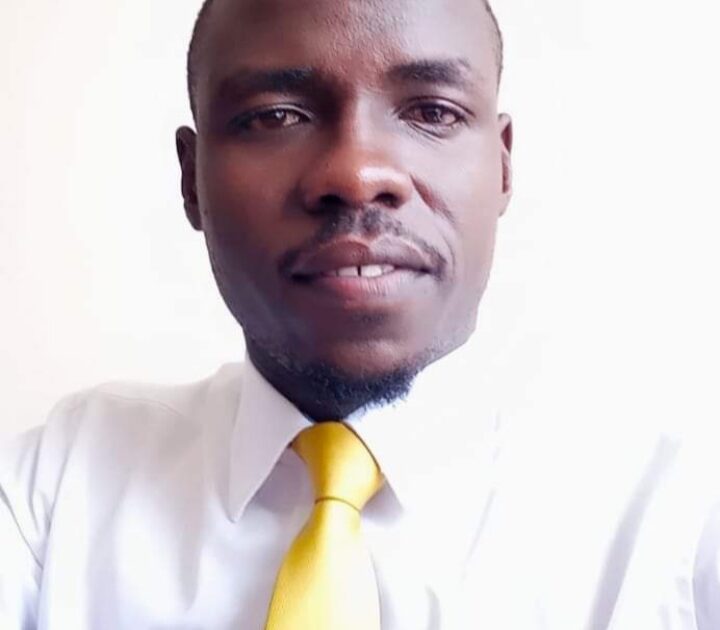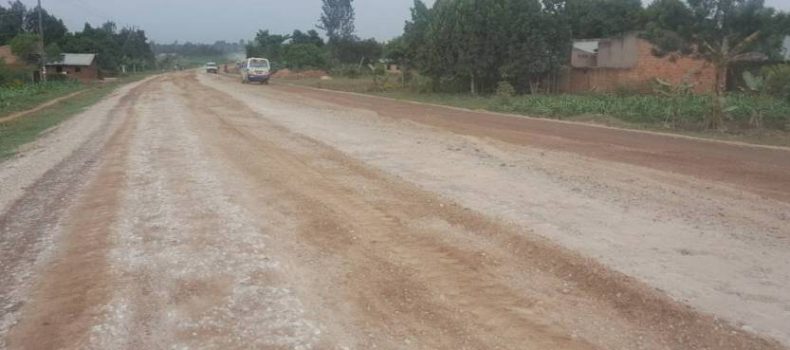Francis Otucu
Early this year, the Kabaka of Buganda Ronald Muwenda Mutebi II, like any other human being, fell sick, as would later be confirmed by the Kingdom Premier (Katikkiro), Charles Peter Mayiga.
From the word go, the Kingdom kept silent about his situation, brushing off commentators. Yet, he looked frail, thanks to social media, as he cut a cake at the opening of the Buganda Parliament – the Lukiiko.
The Kabaka had missed presiding over a highly valued Kingdom event; the opening and closing of Masaza cup, an annual football event. He also missed the general community cleaning “bulungi bwansi”. Apparently, he was between Kampala and Nairobi, battling the illness. His subjects, through social media, reached a point of declaring him dead. But the Kingdom was quiet, even after his birthday-cake-cutting photo emerged. Pressed, Katikkiro came out. Kabaka suffered from an allergy, he said. Intentionally or not, Kabaka made his own ‘PR’ when he showed up at a supermarket in Ntinda, for shopping. Around the same time, Tanzania’s President, John Magufuli, was rumored sick and hospitalized.
Officials refuted this narrative, saying he was in good health and working normally, brushing aside reports he had been flown abroad in critical condition with Covid-19.
Magufuli, 61, was Africa’s most prominent coronavirus sceptic but by the time the ‘rumor’ about his illness made rounds, he was not seen in public for almost a month. Magufuli would later be pronounced dead. But this period passed. The country/the region is back to a similar situation. The only difference is that one is the Head of State, the other is the head of the largest Kingdom (culture) in Uganda and another is the Speaker of Parliament, Jacob Oulanyah, who is the head of Parliament (an arm of government). Days ago, new media (social media) and a local tabloid declared Oulanyah ill. His aides were quick to say he is well and at home with family. Parliament Communications Director, Chris Obore, threw his weight behind Oulanyah’s aide. He said, like many others, his boss chose to work from home. Yet, about 15 Members of Parliament and over 100 staff of Parliament tested positive for Covid-19 recently. A few hours later, Obore said Oulanyah is out of the country, to check on his son abroad, as quoted by a local daily. He is not ill, Obore is sure. Sick or not sick, Oulanyah is human. But how this situation has been handled is a repeat of the Kabaka’s. After social media declared Oulanyah ill, his associates shared a photo of him, casually dressed, a ‘mug’ supposedly containing coffee, stood by the side of the table in front of him and a diary, as he combed his ‘smartphone’. This was not enough. This photo could have even been old. Oulanyah has chaired only 3 sittings of Parliament since his inauguration. Being a public figure, it is okay for whoever, his lovers or haters (like the situation during the Speakership race Vs his former boss, Rebbeca Kadaga may want to remind us) to worry. Operating in a society with a good usage of social media and smartphones, Facebook live or Twitter live would have exonerated his aides and Obore, or even himself (Oulanyah), if he was able. He has not been on social media for a while, very unusual for Oulanyah, who is an active tweep. It is true today’s media can provide unfiltered yet more immediate information, against an organization relying on the traditional view of information dissemination centres tagged on the command post. Ordinarily, the public’s desire to feel connected during these crises may prompt them to adopt additional media, both old and new. When a situation like this presents itself, proactive, quick and detailed communication is critical, even if there isn’t a lot of information to provide. Crisis communication is still important and should reassure people that the organization is working on a solution. Perhaps, this is a low-hanging fruit for outside public relations firms, to help an organization interact with the public through the media, in case an organization is too slow to respond, otherwise, the Principal risks losing both the battle against the illness and the bad communication.
The writer is a student of Journalism and Communication at Makerere University. fotucu@gmail.com





